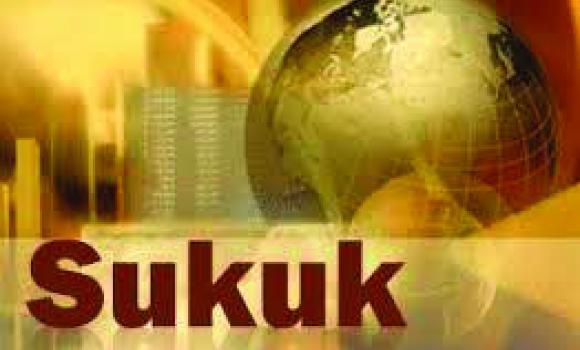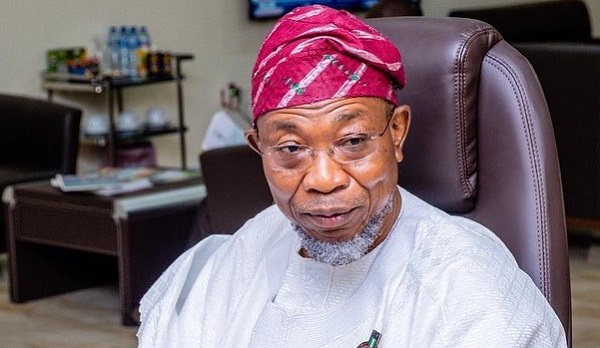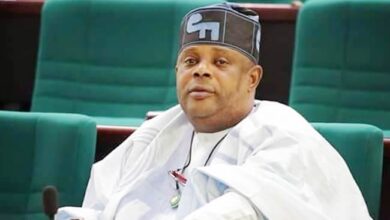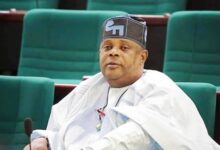
On 5 March 2009, the Vatican’s official newspaper L’Osservatore Romano reported that banks should look at the rules of Islamic finance to restore confidence amongst their clients at a time of global economic crisis. Author Loretta Napoleoni and income strategist, Claudia Segre, said that “The ethical principles on which Islamic finance is based may bring banks closer to their clients and to the true spirit which should mark every financial service.” They suggested “Western banks could use tools such as the Islamic bonds, known as sukuk, as collateral”. Historically, Catholic Church forbade usury but began to relax its ban on all interest in the 16th century.
The growth in Sukuks’ popularity can be traced back to the global financial crisis in 2008. A Sukuk is a Shariah-compliant bond. Whereas Western bonds offer to pay bondholders a rate of interest over a set period of time, Sukuks offer a fixed rate of profit. Islamic finance’s emphasis on equity and investment in the real economy provides “a stable and productive banking sector” as noted in World Economic Forum report of May 2017. “Rather than providing a lucrative financial alternative to investing in the real economy, Islamic banking complements and strengthens the latter. It ensures that financial capital does not lead to artificially bloated asset prices. Instead, it is made to work in the real economy, on real projects.”

Saxony-Anhalt became the first state government in Germany and Europe to issue a sub-sovereign bond under Islamic principles. In 2004 the Sachsen-Anhalt Government issued sovereign Sukuk worth €100 million which were listed in Luxembourg and backed by Ministry of Finance buildings. The issuance by Saxony-Anhalt attracted strong demand and was fully subscribed, with 60% of the issue going to investors in Bahrain and the UAE and the remaining 40% to investors in Europe, particularly those in France and Germany.
In 2006, US Texas-based energy firm East Cameron issued a $165.67 million sukuk through a Cayman Islands vehicle. GE Capital, the finance arm of General Electric, tapped the market in 2009 with a $500 million sukuk domiciled in Bermuda to fund a lease-based aviation deal.
In December 2007, Paris Europlace established the Islamic Finance Commission. Since then, the French financial markets regulator, the Autorité des marchés financiers (AMF), has issued two positions allowing Shariah compliant investment funds and sukuk listings. As such, the Bourse de Paris (Paris stock exchange) has created a sukuk segment and four tax regulations have been published that confirm a parity of tax treatment with conventional financial products.
In July 2010, the French government made certain amendments to its laws in order to facilitate sukuk issuances. The amendments removed double stamp duty, the payment of a capital gains tax on property and streamlined the regulations governing estate agents. In June 2011, France witnessed the introduction of the first Islamic deposit scheme operated via the Islamic window of an existing conventional bank.
The United Kingdom was the first country outside the Islamic world to issue sovereign Sukuk set up according to Al-Ijara structure as reported by Financial Times of June 25, 2014. By issuing sovereign Sukuk the United Kingdom Government has demonstrated that it is possible to create a successful base for Islamic finance outside the Islamic world.
On 9 July 2014, Luxembourg Parliament voted a law aimed at allowing the issuance of the first Luxembourg sovereign Sukuk in response to the recent surge in investor demand from Shariah-compliant instruments. The law authorized a sale and buy-back transaction of real estate assets to a Special Purpose Vehicle (“SPV”) owned by the Luxembourg state for the purpose of issuing sovereign Sukuk with a value of EUR 200 million.
Luxembourg later became the first jurisdiction in the Eurozone to securitise three government properties, that is, the two towers of the Gate of Europe in Kirchberg and the Gutenberg building in Strassen, to back Sukuk worth EUR 200 million. Luxembourg sovereign Sukuk are set up according to the Al-Ijara structure, the most common structure for sovereign Sukuk with rental payments on property providing income for the investors.
In 2015, Hong Kong Government successfully sold its second Islamic sukuk bond to raise US$1 billion in its latest effort to promote Islamic finance in the city. It issued its first issuance consisting of a 5-year $1 billion Al-Ijara sukuk in September 2014 offering a profit rate of 2.005%. The Hong Kong Monetary Authority, which handled the issue on behalf of the government, received US$2 billion in orders from 49 global institutional investors including central banks and sovereign funds among others. The orders were double its US$1 billion issue size.
South Africa as one of the deepest and most traded emerging markets first announced it would look to issue a sukuk in late 2011, as it sought to diversify its funding sources and tap into the wealth of the Arab world. But the launch was set back in part because of delays in the identification of the asset that would back the bond.
In 2014, South Africa joined Hong Kong and the UK to become the third non-Muslim country to sell government debt that adheres to Islamic law. The $500m sale was more than four times subscribed, with an order book of $2.2bn according to the SA Treasury, indicating that appetite for emerging market Islamic bonds matches that of developed world issuance.
A recent report by credit rating agency Moody’s claimed 2014 had been a landmark year for sovereign sukuk, with sales in London, Hong Kong and South Africa indicating a significant change in the potential size, depth and liquidity of the market.
In 2016, US investment bank JPMorgan include sukuk bonds in its emerging markets indices for the first time in the year, widening the appeal of Islamic instruments among global debt investors. Islamic finance assets grew by 10% to reach $2 trillion in 2015. Islamic banking represented 73% of that figure, followed by sukuk bond which represented 17%, said the initial findings of ICD Thomson Reuters Islamic Finance Development Indicator (IFDI 2016).
In 2017, Kenyan Capital Markets Authority (CMA) lauded Government efforts to deepen Islamic Finance in Kenya, following the Presidential assent of the Finance Act 2017 confirming Kenya’s commitment to positioning itself as a regional Islamic Finance hub. Finance Minister Henry Rotich outlined the steps as part of the country’s 2017/2018 budget aiming to level the playing field between Islamic and interest-based transactions. The primary objective is to prepare the groundwork for a sovereign sukuk but also equally to attract corporate sukuk from the region.
Undoubtedly, Islamic banking is one of the fastest growing financial sectors today. According to Thomson Reuters’ projections, Islamic finance assets are projected to grow to $3.2 trillion by 2020, with Islamic banking reaching $2.6 trillion. With so much damage caused by highly complex and risky financial structures untethered to assets, it is hardly surprising that more and more investors are attracted to Islamic finance’s emphasis on real assets and greater certainty.
No wonder Giovanni Maria Vian, L’Osservatore Romano newspaper’s editor, justified the theological foundation of Sukuk regarding global finance that “the great religions have always had a common attention to the human dimension of the economy.”
Obviously, the Federal Government of Nigeria roads to seven-year N100billion Sukuk bond offers an avenue for a competitive alternative to the conventional banking system and a path towards sustainable economic recovery.
Engr. Dauda Ayanda (MNSE); former Executive Member, Nigerian Society of Engineers (Ibadan Branch) and IEEE P1903 Working Group Consultant (USA) writes from Durban, South Africa.









